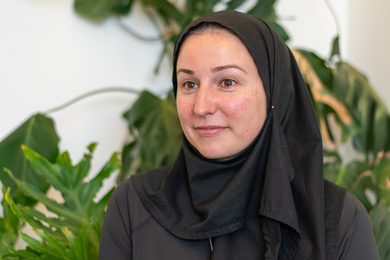Want to design the car of the future? Here are 8,000 designs to get you started.
MIT engineers developed the largest open-source dataset of car designs, including their aerodynamics, that could speed design of eco-friendly cars and electric vehicles.














